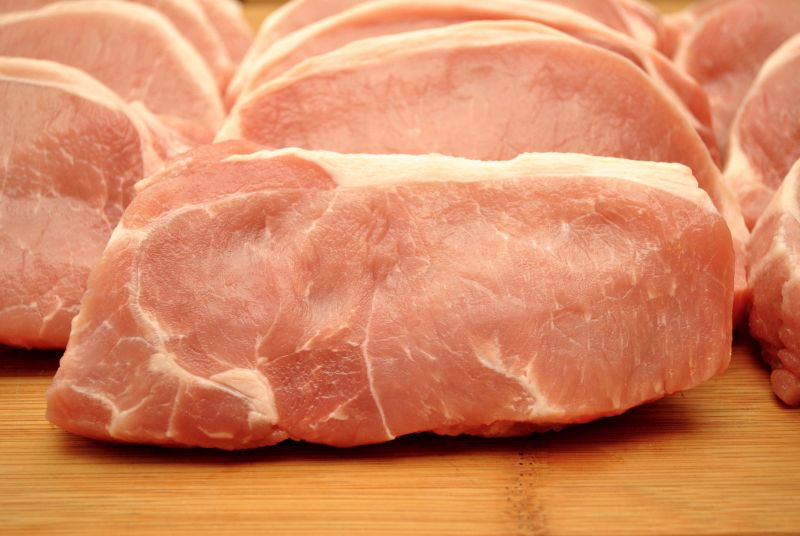Public opinion wanted on DNA altered meat

A survey seeks to gauge public opinion on gene-edited meat and whether they would eat meat from an animal that has had its DNA altered.
People are being invited to share their views on the use of gene-editing technologies in animals through an online survey.
The University of Edinburgh’s Roslin Institute, the organisation behind the survey, has already used the technology to produce pigs that are resistant to a devastating disease.
Gene editing involves altering some of the individual letters that make up an organism’s genetic code at precise points.
The technology can be used to introduce characteristics into plants and animals, such as resistance to a specific disease or improved adaptation to different environments.
The changes introduced are the same as those that could occur spontaneously in nature. Most natural changes either have no impact or are harmful to the animal.
With gene editing, precise changes that are likely to be beneficial can be introduced.
Improve health and welfare
Teams at Roslin are working with experts at the Centre for Tropical Livestock Genetics and Health in Edinburgh and in Africa to explore how the technology could be used to benefit production animals in tropical climates.
The goal is to improve the health and welfare of farmed animals around the world, and to improve the security of food supplies in low and middle-income countries.
Professor Appolinaire Djikeng, Director of the Centre for Tropical Livestock Genetics and Health, said: “Livestock farming is a reliable source of food for people living in extreme poverty and creates economic opportunities for farmers in low and middle-income countries.
“With equitable partnerships and wider stakeholder engagement, gene editing could provide opportunities to produce healthier and more resilient animals for vulnerable farmers, and help address some of the challenges associated with rearing animals in tropical climates.”
Professor Bruce Whitelaw, of the Roslin Institute, added: “It is no longer a question of whether we can use gene editing technology to improve livestock health, but rather whether we should use it. We need to better understand public opinion to inform how these technologies are used and also how they should be regulated.”








